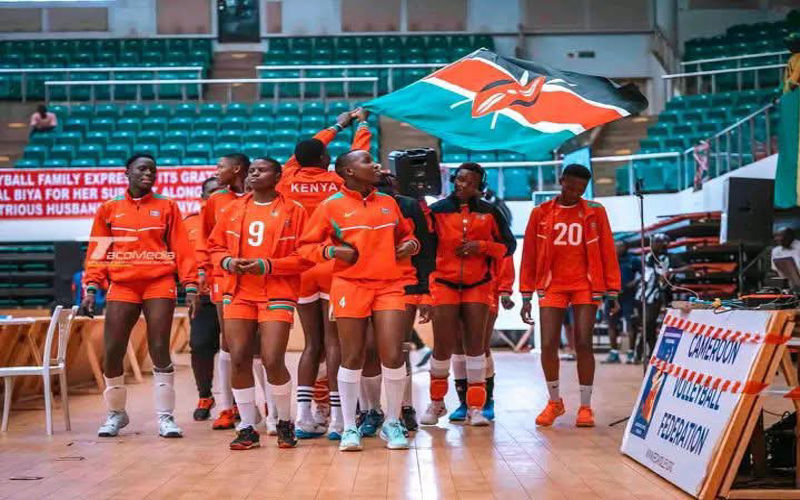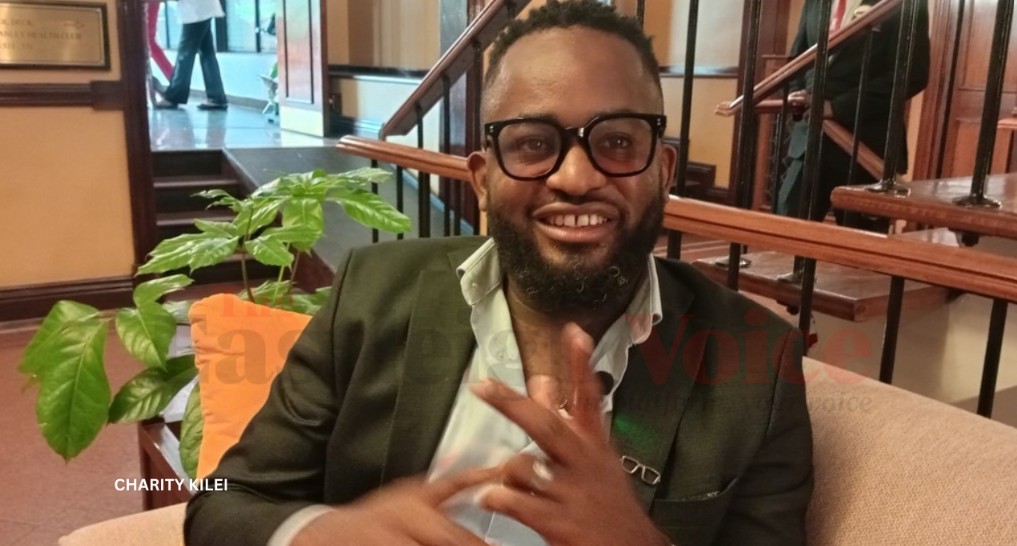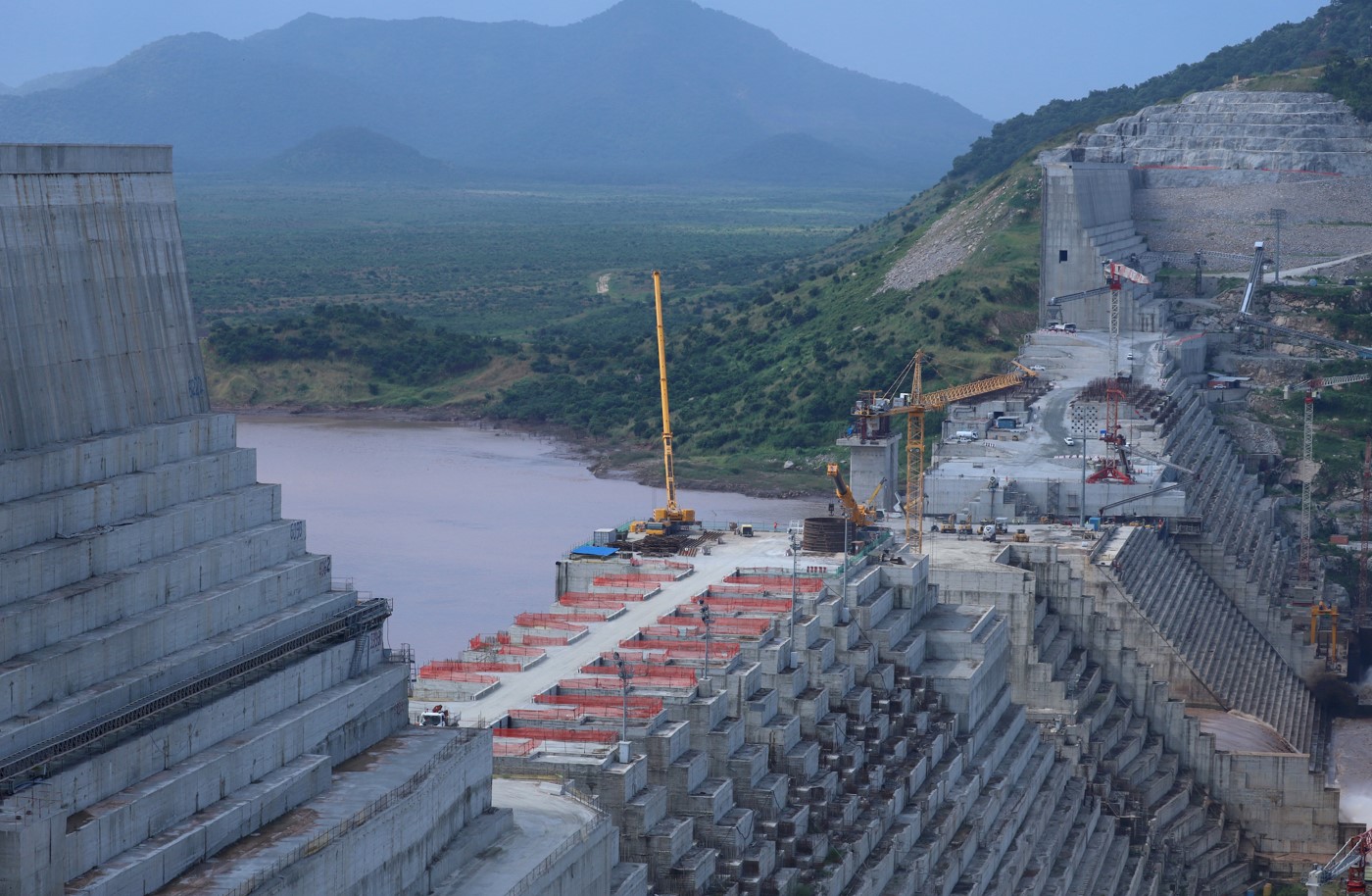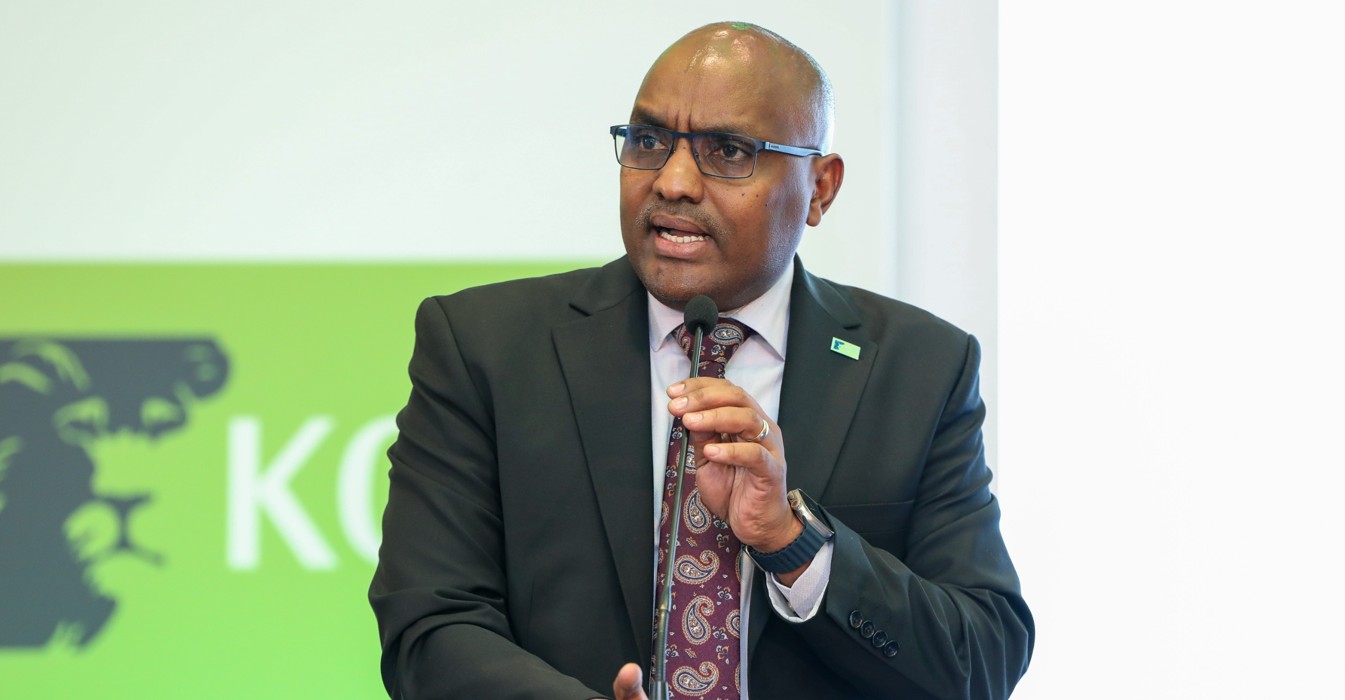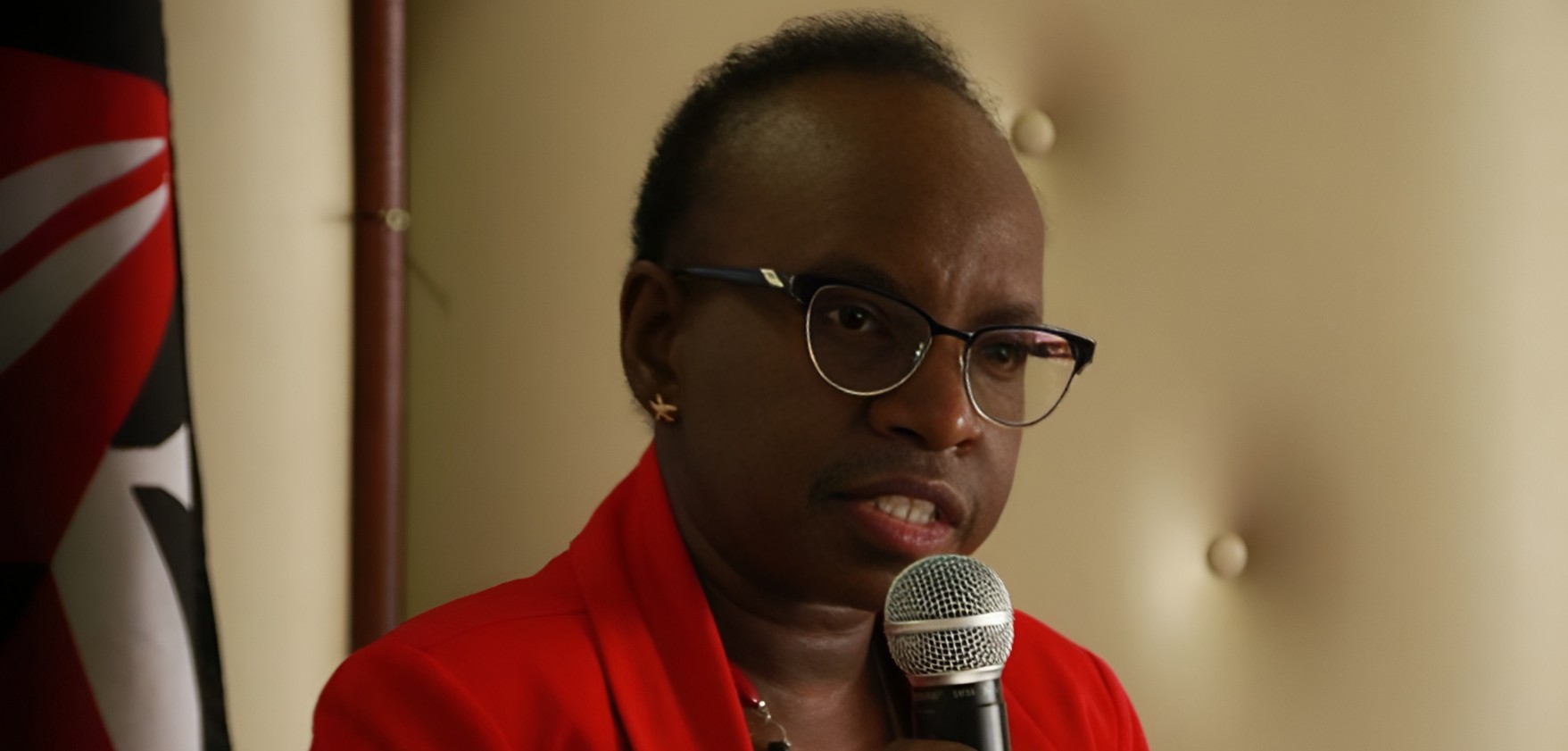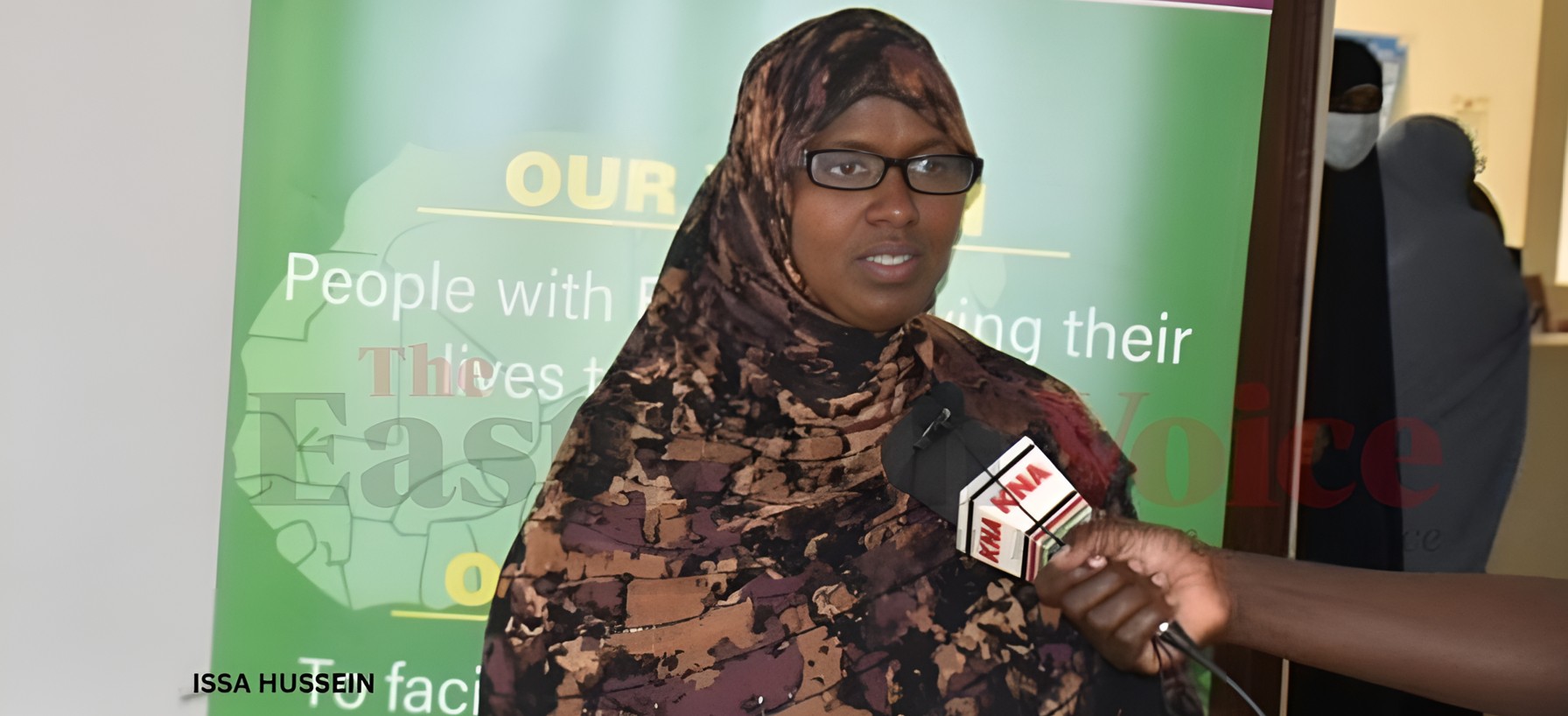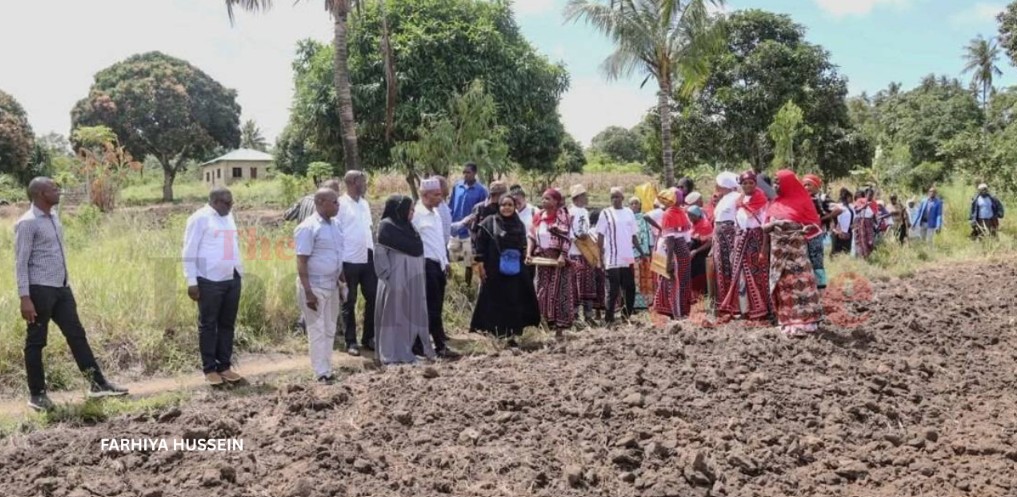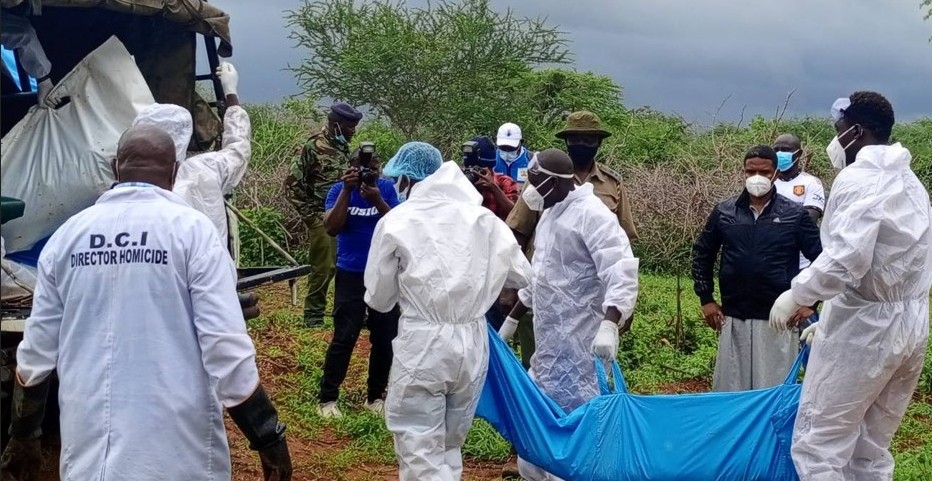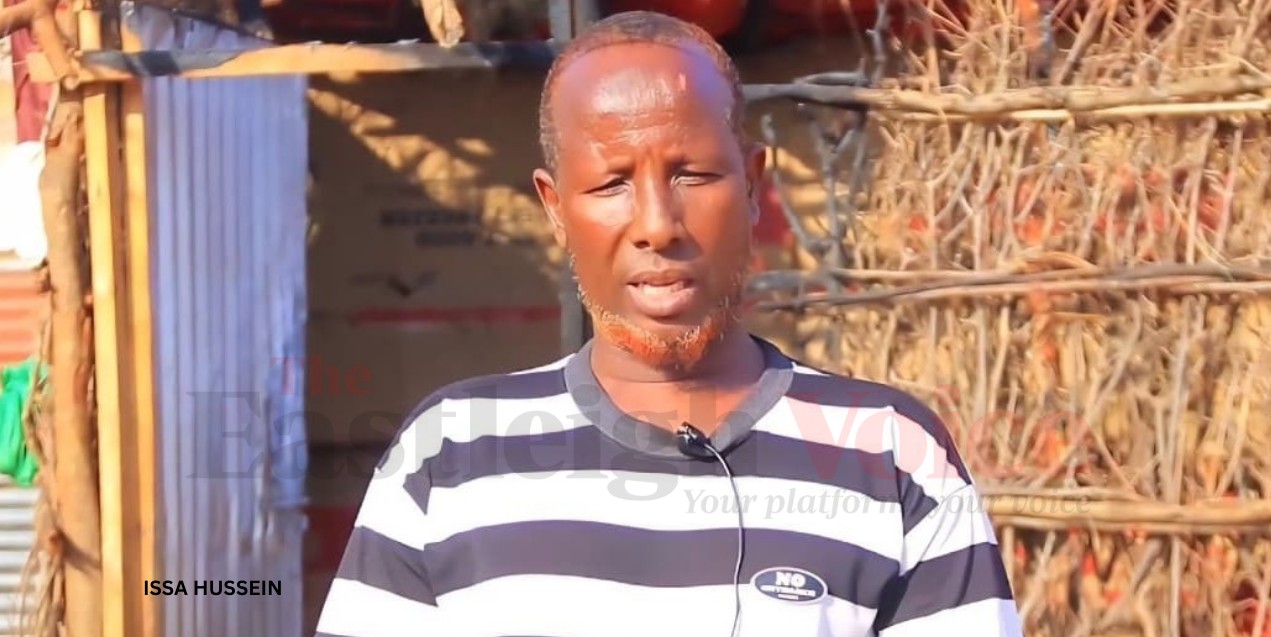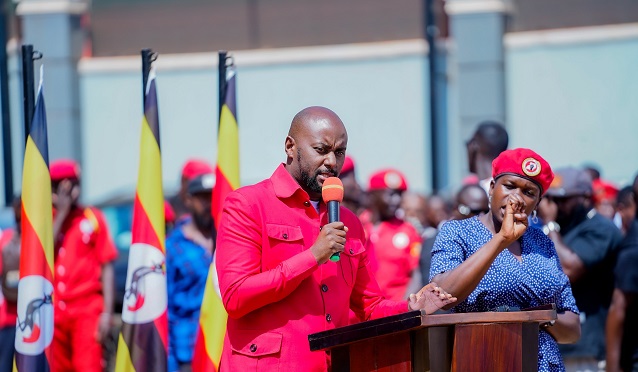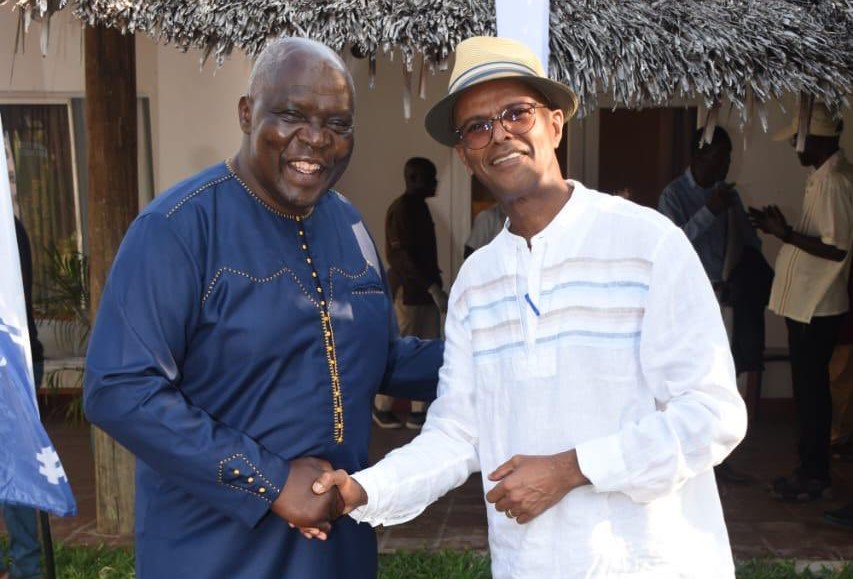MPs clash with civil society group over report criticising education sector
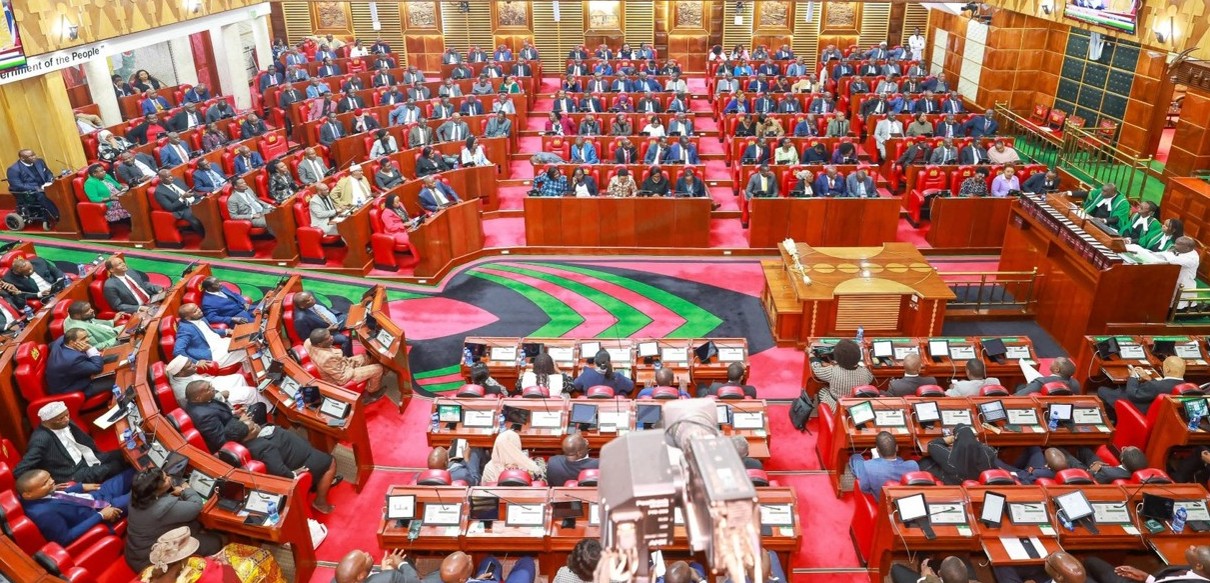
Committee members took issue with both the tone and content of the report. Committee chair and Tinderet MP Julius Melly told the group their presentation lacked depth and value.
A civil society report highlighting deep flaws in Kenya’s education sector has triggered a sharp exchange between Members of Parliament (MPs) and activists ahead of a planned two-day National Education Reforms Stakeholders Conference starting August 20.
The MPs dismissed the findings on the rollout of the Competency-Based Curriculum (CBC), alleged mismanagement of bursary funds, and claims of corruption, insisting the document was shallow, overly negative, and failed to acknowledge progress in the sector.
More To Read
- MPs approve new system to standardise education qualifications
- KUPPET condemns TSC for ignoring decade-long teacher promotion backlog
- KUCCPS opens applications for diploma upgrade in teacher training
- MP Adan Keynan seeks release of Kenyan teacher detained in Somalia
- Education stakeholders push for independent body to regulate teachers
- Government slashes university fees to ease financial burden
The Elimu Bora Working Group, which appeared before the National Assembly Committee on Education on Tuesday, warned that the education system was under severe strain due to teacher shortages, delayed funding, and poor implementation of policies.
“Devolved sections of education are in disharmony, ill-equipped, teacher-starved and poorly resourced, while the erratic, hurried, forced and ununiformed manner in which the CBC system of education is being rolled out rekindles the pattern taken by the 8-4-4 system, which led to its collapse,” said policy and strategy adviser Boaz Waruku.
Committee members took issue with both the tone and content of the report. Committee chair and Tinderet MP Julius Melly told the group their presentation lacked depth and value.
“The direction you are taking in calling the stakeholders’ conference will bring a lot of negativity instead of constructive engagement. As a committee, we are standing you down. Go back and come with a proper presentation or a critique, but let it be value-based,” he said.
The group’s position paper ahead of the conference flagged new challenges in the sector that have become the “new normal”, including erratic teacher hiring and politically controlled bursary streams that lead to biased allocations.
It also warned that the e-Citizen school fee payment system risked becoming “Kenya’s biggest scandal” and criticised the government’s teacher recruitment process as inconsistent and at times secretive, despite claims of hiring 76,000 teachers.
Waruku further noted that in the 2023/2024 financial year, when Parliament allocated Sh628.6 billion to education, 37 per cent of the funds never reached schools by the end of the financial year.
He added that despite President William Ruto’s commitment to 100 per cent learner transition, little had been done to meet the target.
Mandera South MP Abdul Haro said the language used by the lobby was unhelpful. “This activism language you are adopting will not be helpful for the conference you are proposing,” he said.
The group also criticised delays in releasing school capitation funds, citing findings by the Auditor-General, and said the absence of clear policies had slowed the implementation of the Presidential Working Party on Education Reforms’ recommendations.
MP Melly closed the session by denying the group a right of reply, saying, “We support the civil society, but all negativity that does not look at the gains is not helpful, as such we shall listen to you when you present to us data, facts and figures.”
According to the lobby’s document, the conference will focus on systemic weaknesses in policy formulation, implementation, and oversight; enhance public participation in monitoring reforms; and develop a multi-stakeholder action plan to ensure inclusive, transparent, and accountable changes in the education sector.
Top Stories Today

